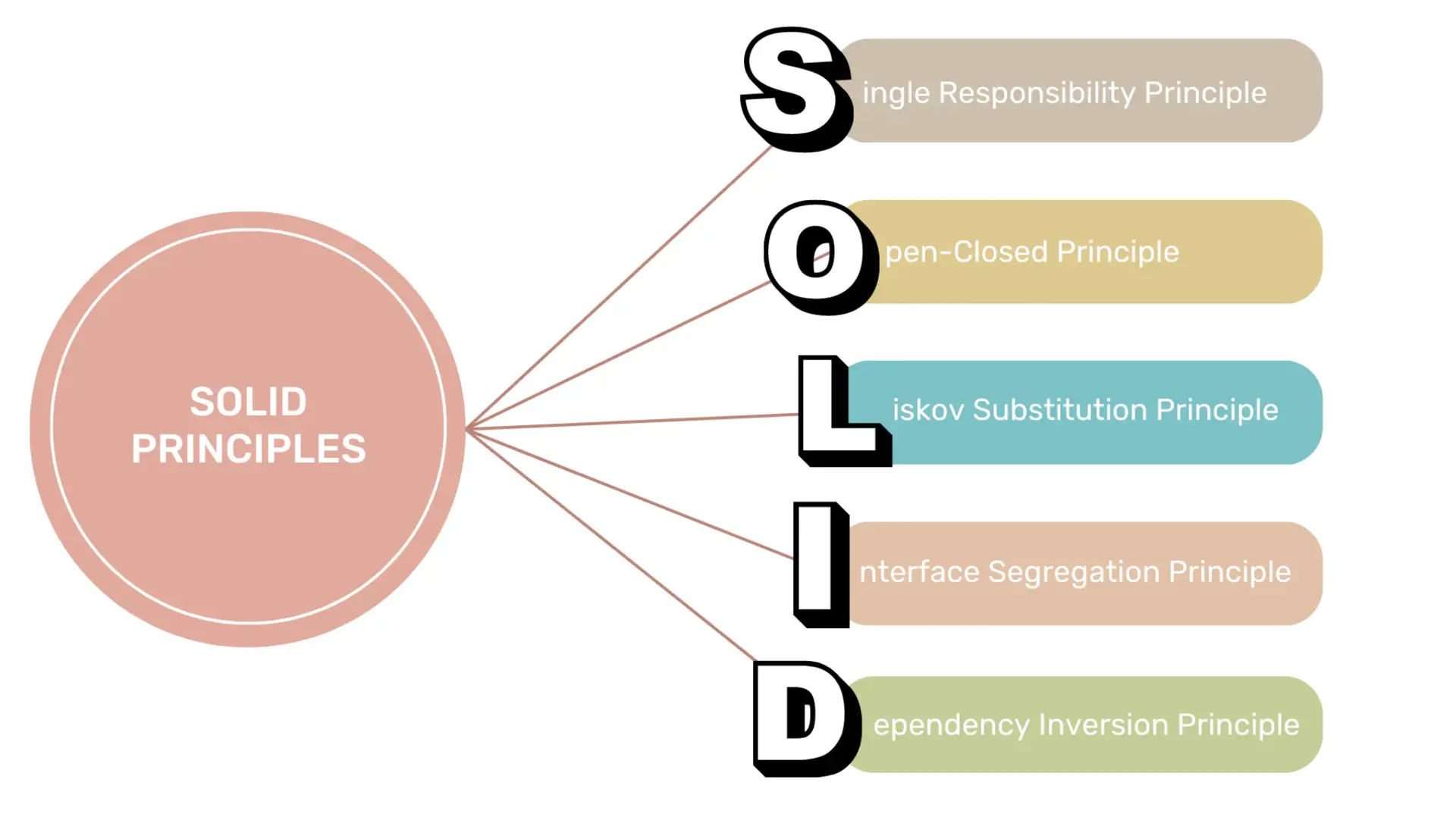Supply chain management plays a crucial role in the success of any organization. It involves the coordination and optimization of all activities involved in the production and delivery of goods…
The Power of OKRs: A Framework for Achieving Organizational Success

Learn about Objectives and Key Results (OKRs), a goal-setting framework that can drive organizational success.
Discover the effectiveness of OKRs in maintaining focus, promoting transparency, and enabling agility.
Implement OKRs by defining clear objectives, establishing key results, cascading OKRs, tracking progress, and fostering a culture of learning.
Get a code example for tracking key results. Unlock the full potential of your organization with OKRs.

Introduction
In today’s fast-paced and competitive business landscape, organizations are constantly seeking ways to improve their performance and achieve their goals.
One popular framework that has gained significant attention is Objectives and Key Results (OKRs). In this blog post, we will explore the power of OKRs and how they can drive organizational success.
What are OKRs?
OKRs are a goal-setting framework that originated at Intel and was later popularized by companies like Google. The framework consists of two main components: Objectives and Key Results.
Objectives
Objectives are the high-level goals that an organization wants to achieve.
They are ambitious, qualitative statements that define the direction and purpose of the organization. Objectives should be inspiring, motivating, and aligned with the company’s mission and vision.
Key Results
Key Results are measurable outcomes that indicate progress towards achieving the Objectives.
They are specific, quantitative, and time-bound. Key Results should be challenging but achievable, and they should provide a clear indication of whether the Objective has been met or not.
Why are OKRs Effective?
OKRs are known for their effectiveness in driving organizational success. Here are some key reasons why:
Focus and Alignment
OKRs help organizations maintain focus and alignment by providing a clear direction and purpose.
With well-defined Objectives and Key Results, everyone in the organization understands what needs to be accomplished and how their work contributes to the overall goals.

Transparency and Accountability
OKRs promote transparency and accountability within the organization.
By setting clear expectations and measuring progress regularly, OKRs create a culture of transparency where everyone knows what their colleagues are working on and how their own work contributes to the larger picture.
This transparency also helps in identifying and addressing any potential roadblocks or bottlenecks.
Agility and Adaptability
OKRs are designed to be agile and adaptable. They are typically set for shorter timeframes (e.g., quarterly) and can be revised or updated as needed.
This flexibility allows organizations to respond quickly to changing market conditions, emerging opportunities, or unexpected challenges.
Implementing OKRs
Implementing OKRs requires careful planning and execution. Here are some steps to get started:
1. Define Clear Objectives
Start by defining clear and inspiring Objectives that align with the organization’s mission and vision. Objectives should be ambitious yet achievable.
2. Establish Key Results
For each Objective, establish specific and measurable Key Results. Key Results should be quantifiable and time-bound, providing a clear indication of success.
3. Cascade OKRs
Cascade OKRs throughout the organization to ensure alignment and accountability.
Each team and individual should have their own set of OKRs that contribute to the overall organizational goals.

4. Regularly Track and Review Progress
Regularly track and review progress towards the Key Results.
This can be done through weekly check-ins, monthly reviews, or any other cadence that works for the organization. Use data and metrics to objectively measure progress.
5. Foster a Culture of Learning
Encourage a culture of learning and continuous improvement. Celebrate successes, learn from failures, and iterate on the OKRs for the next cycle.
Code Example: Tracking Key Results
function trackKeyResult(progress, target) {
let percentage = (progress / target) * 100;
console.log(`Progress: ${progress}/${target} (${percentage}%)`);
if (percentage >= 100) {
console.log("Key Result achieved!");
} else {
console.log("Keep pushing towards the Key Result!");
}
}
// Example usage
trackKeyResult(75, 100); // Output: Progress: 75/100 (75%)
trackKeyResult(100, 100); // Output: Progress: 100/100 (100%) Key Result achieved!
Conclusion
OKRs are a powerful framework that can help organizations achieve their goals and drive success.
By providing focus, transparency, and adaptability, OKRs enable organizations to align their efforts, track progress, and foster a culture of continuous improvement.
Implementing OKRs requires careful planning and execution, but the benefits are well worth the effort. So, why not give OKRs a try and unlock the full potential of your organization?
Remember, OKRs are not a one-size-fits-all solution, and it may take some time to fine-tune the process for your organization.
But with persistence and a commitment to continuous improvement, OKRs can become a valuable tool in your quest for organizational success.

https://itexamsusa.blogspot.com/2023/12/a-comprehensive-guide-to-machine.html
https://itexamsusa.blogspot.com/2023/10/exam-dp-203-data-engineering-on.html
https://itexamsusa.blogspot.com/2023/10/ccnp-enterprise-advanced-routing-enarsi.html
https://itexamsusa.blogspot.com/2023/10/comptia-project-pk0-005-cert-guide.html
https://itexamsusa.blogspot.com/2023/09/spring-framework-5-to-build-end-to-end.html
https://itexamsusa.blogspot.com/2023/08/how-to-become-blockchain-developer.html
https://itexamsusa.blogspot.com/2023/07/ultimate-blogging-tips-for-beginners.html
https://itexamsusa.blogspot.com/2023/07/cisco-bandwidth-vs-clock-rate-and-speed.html



































